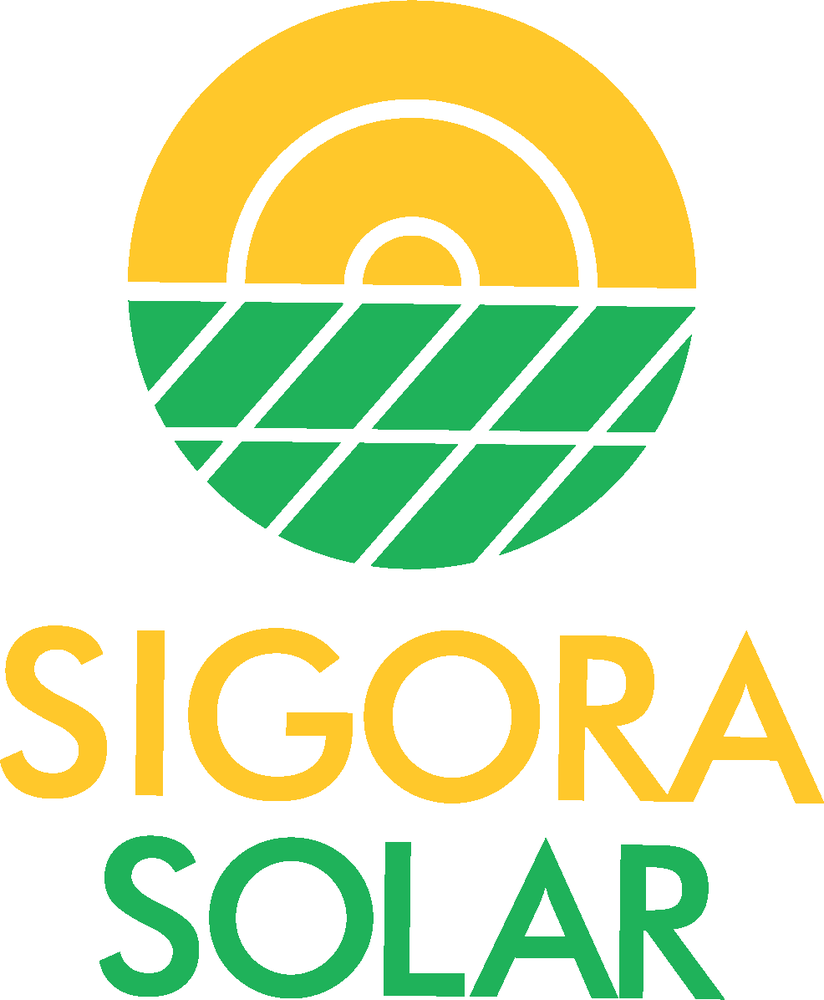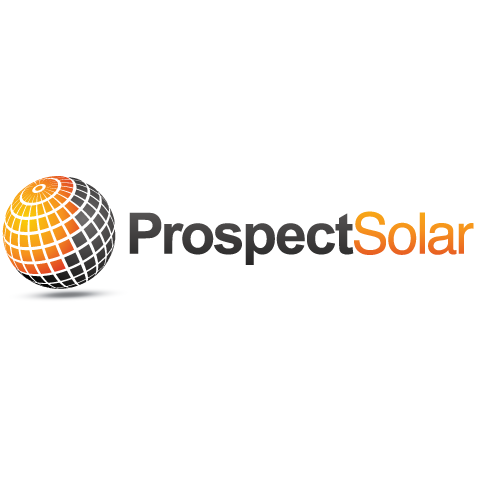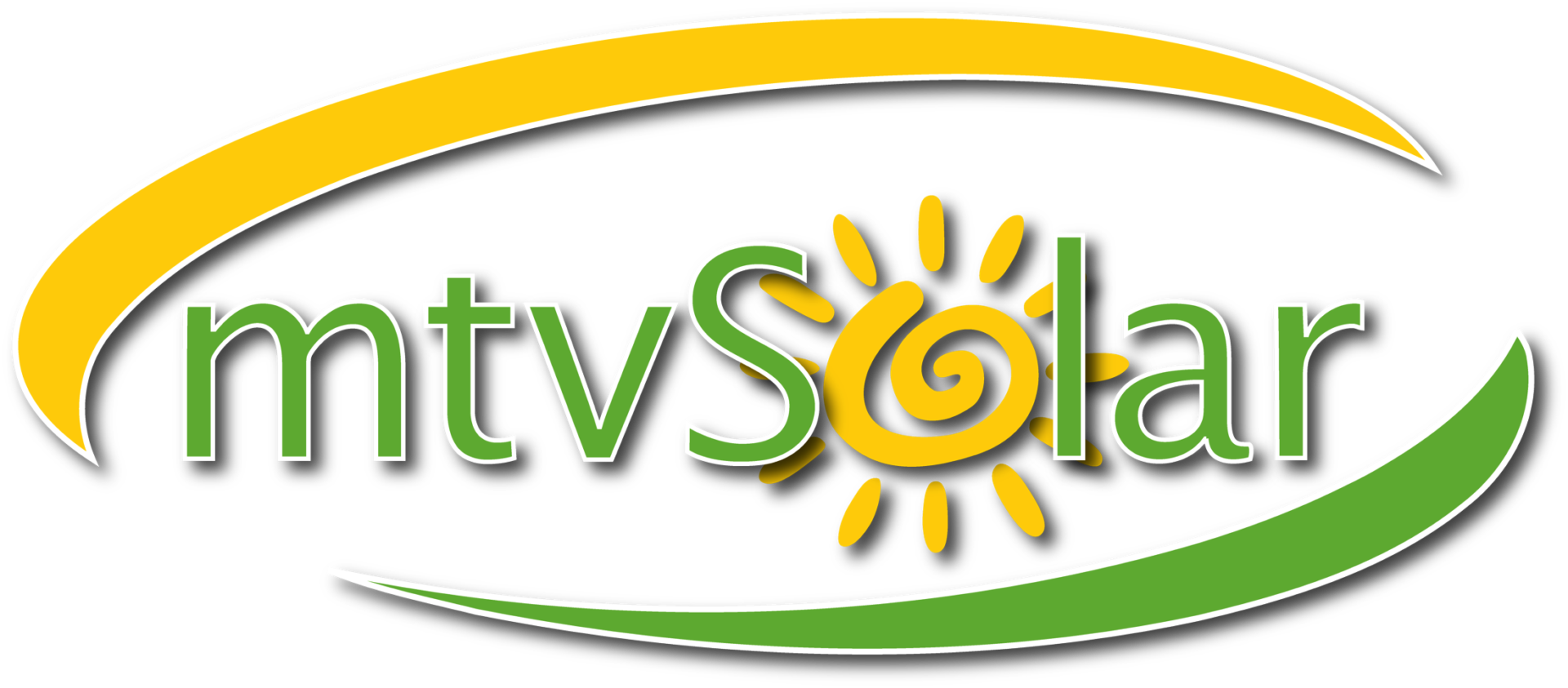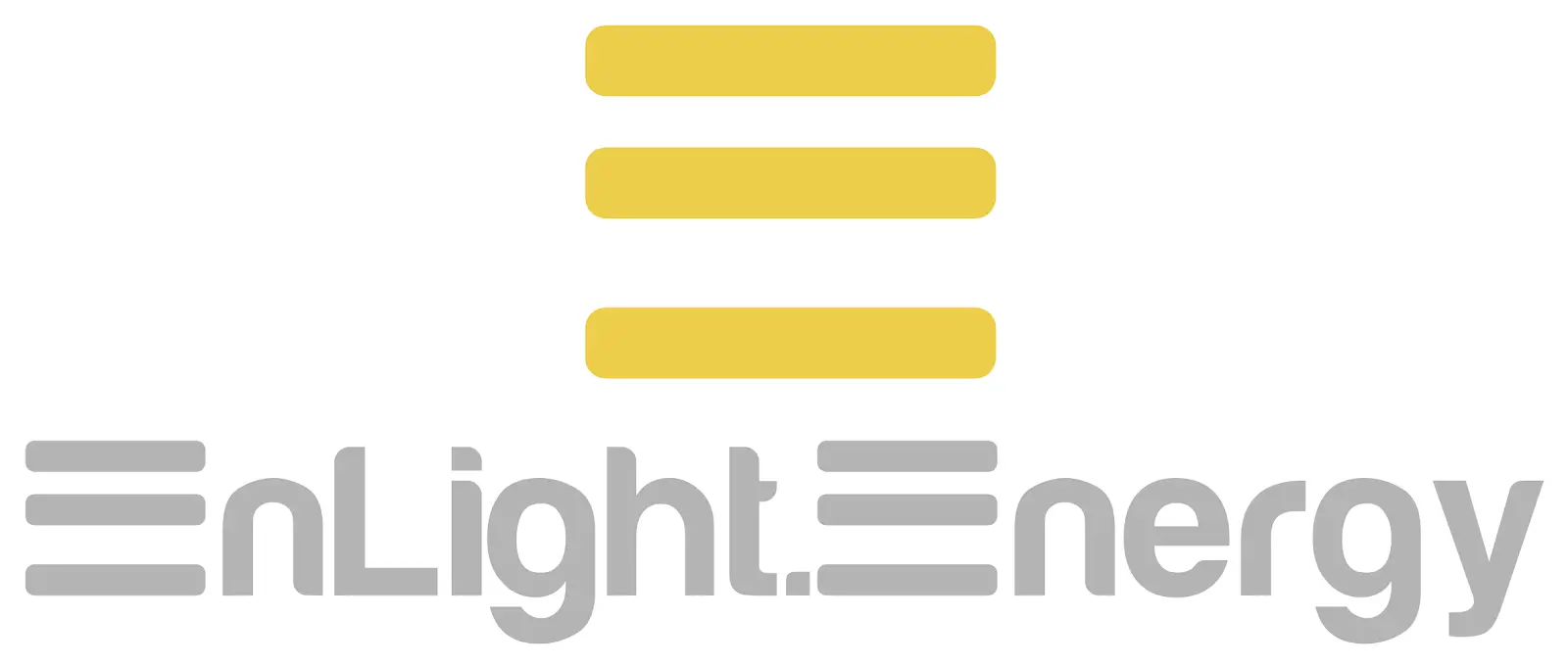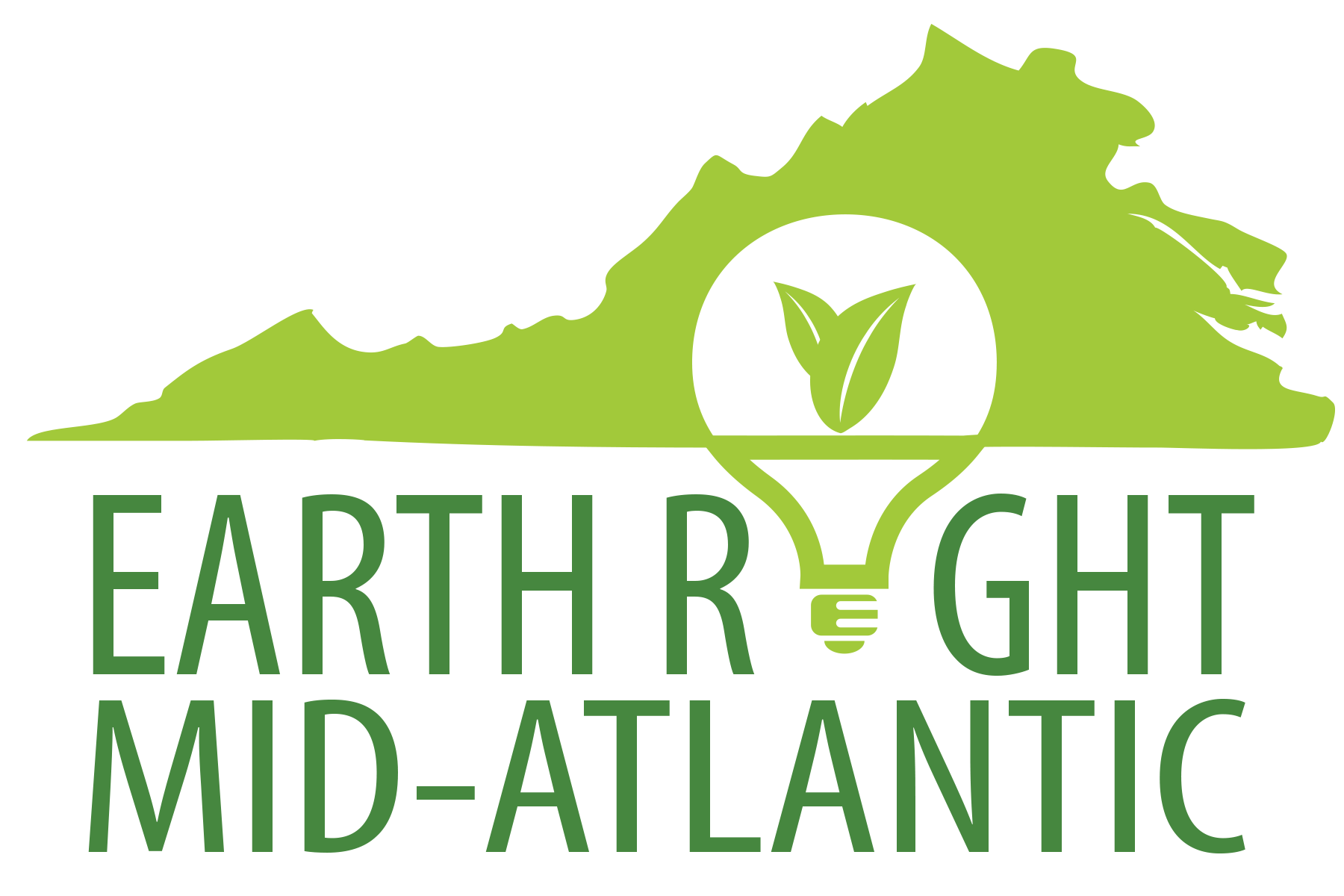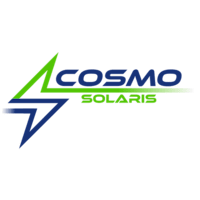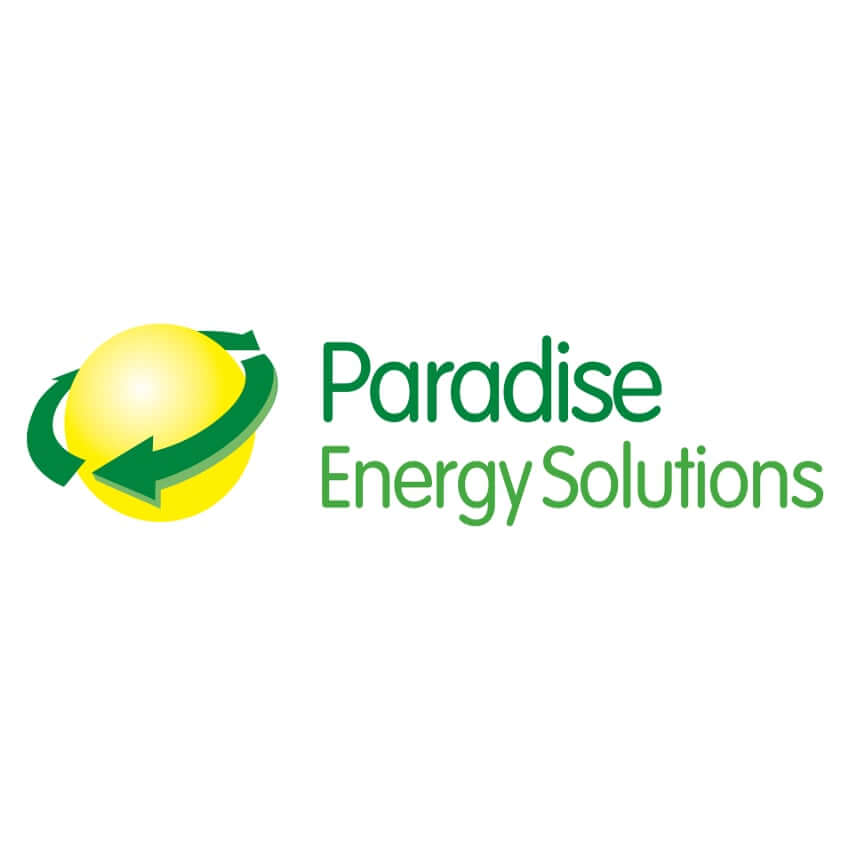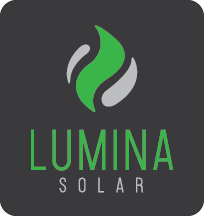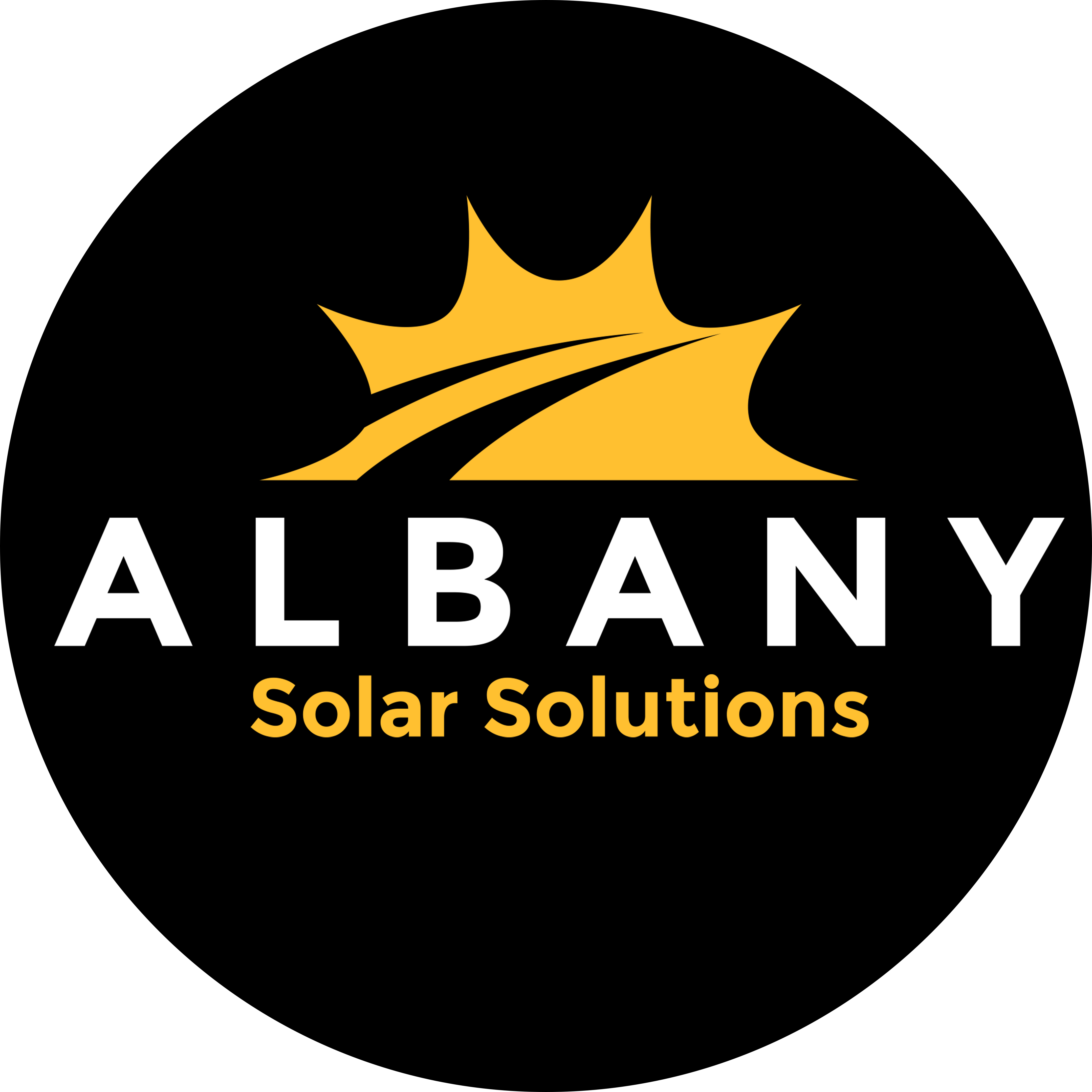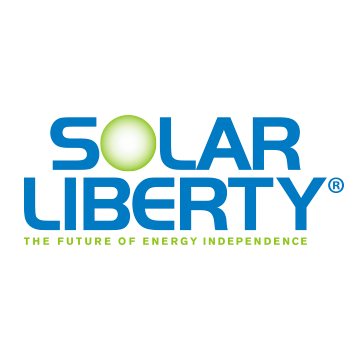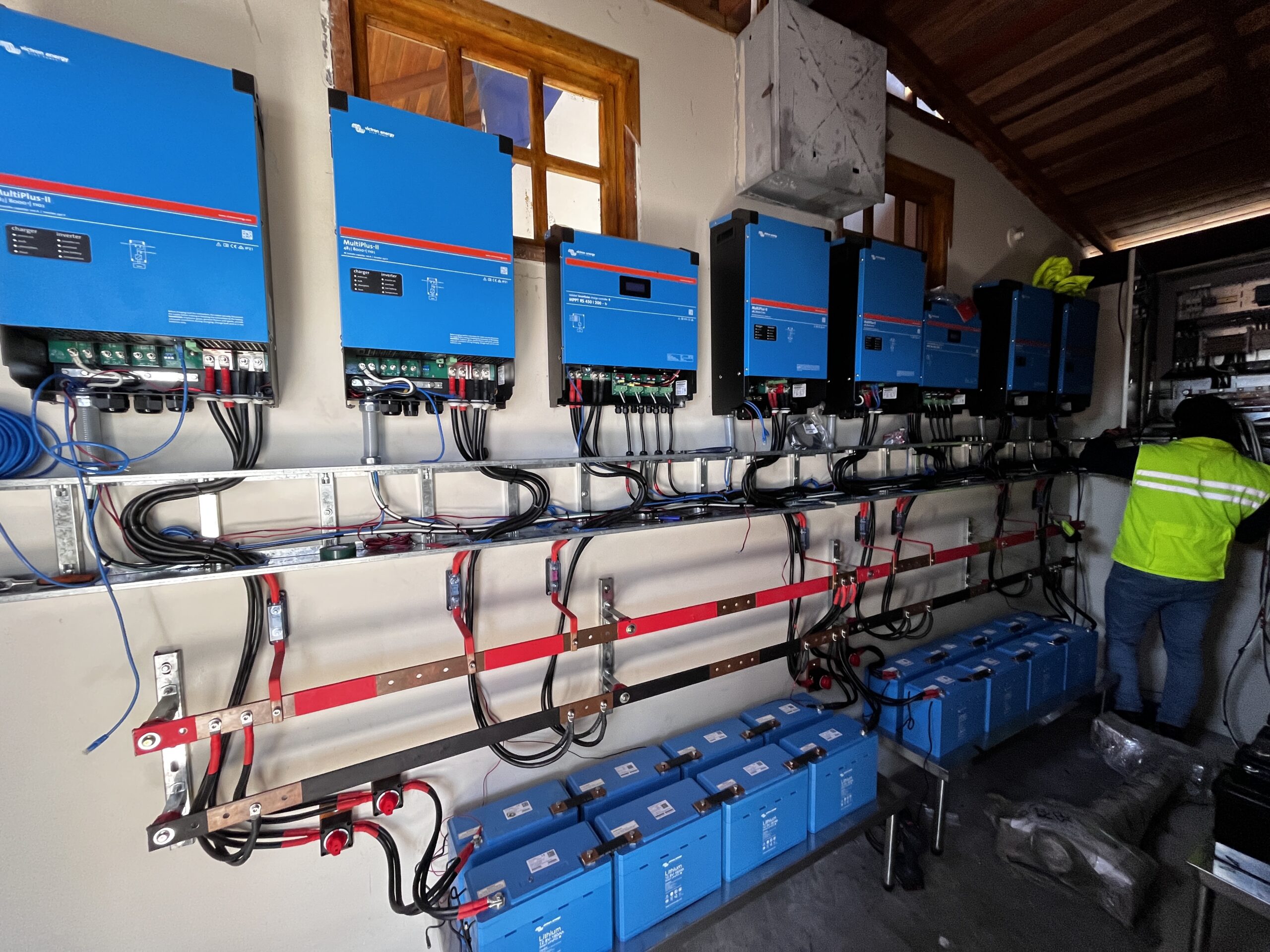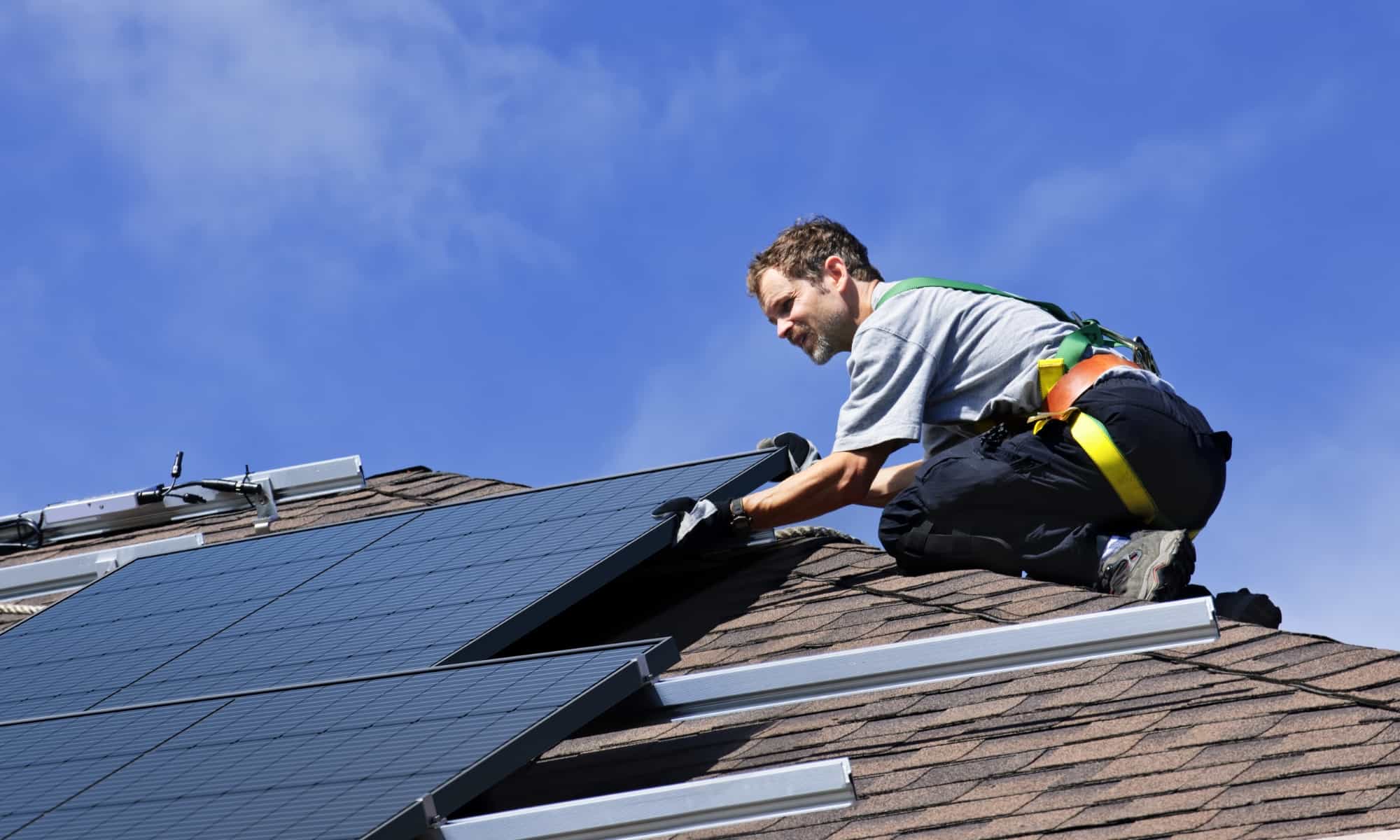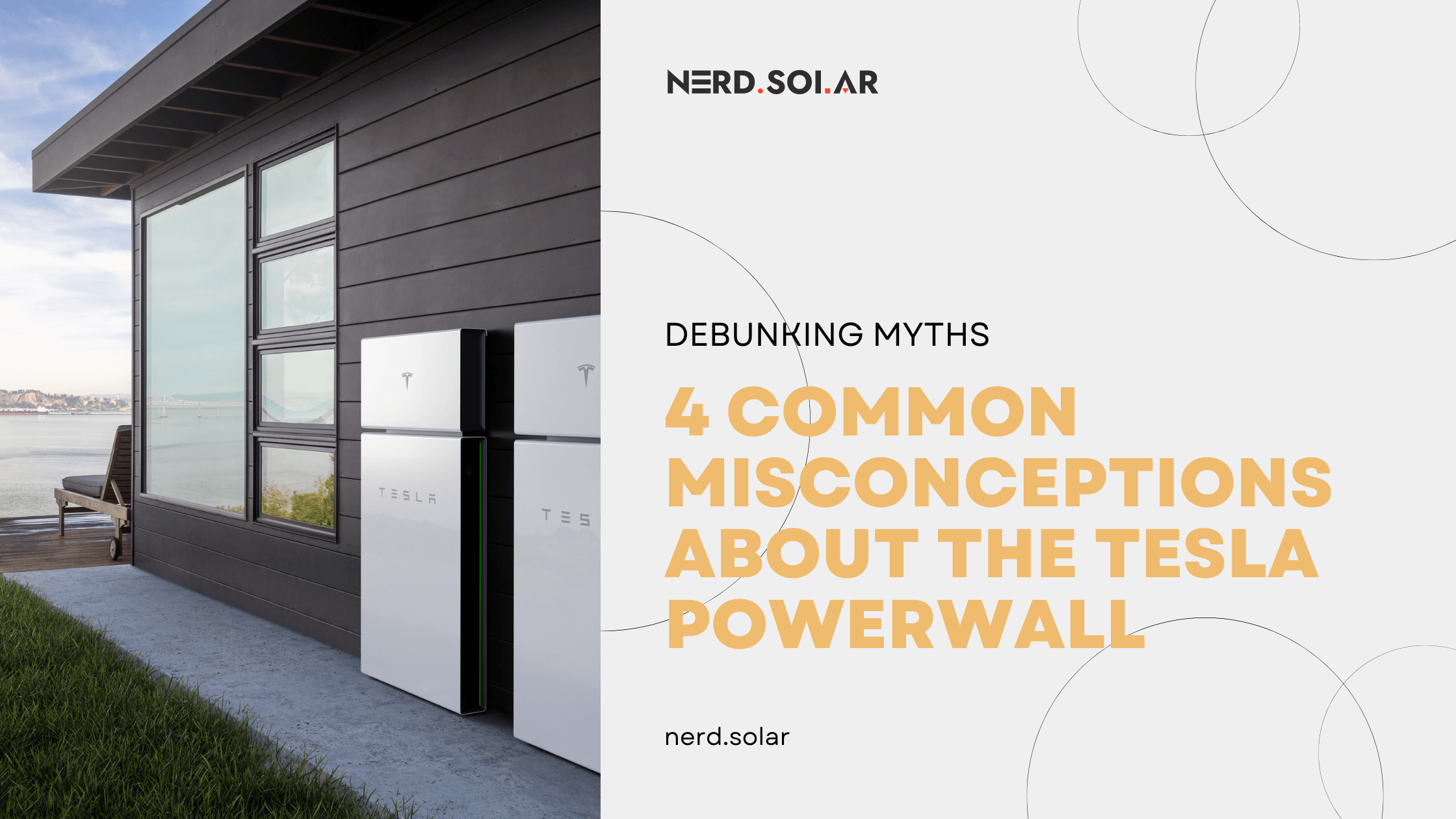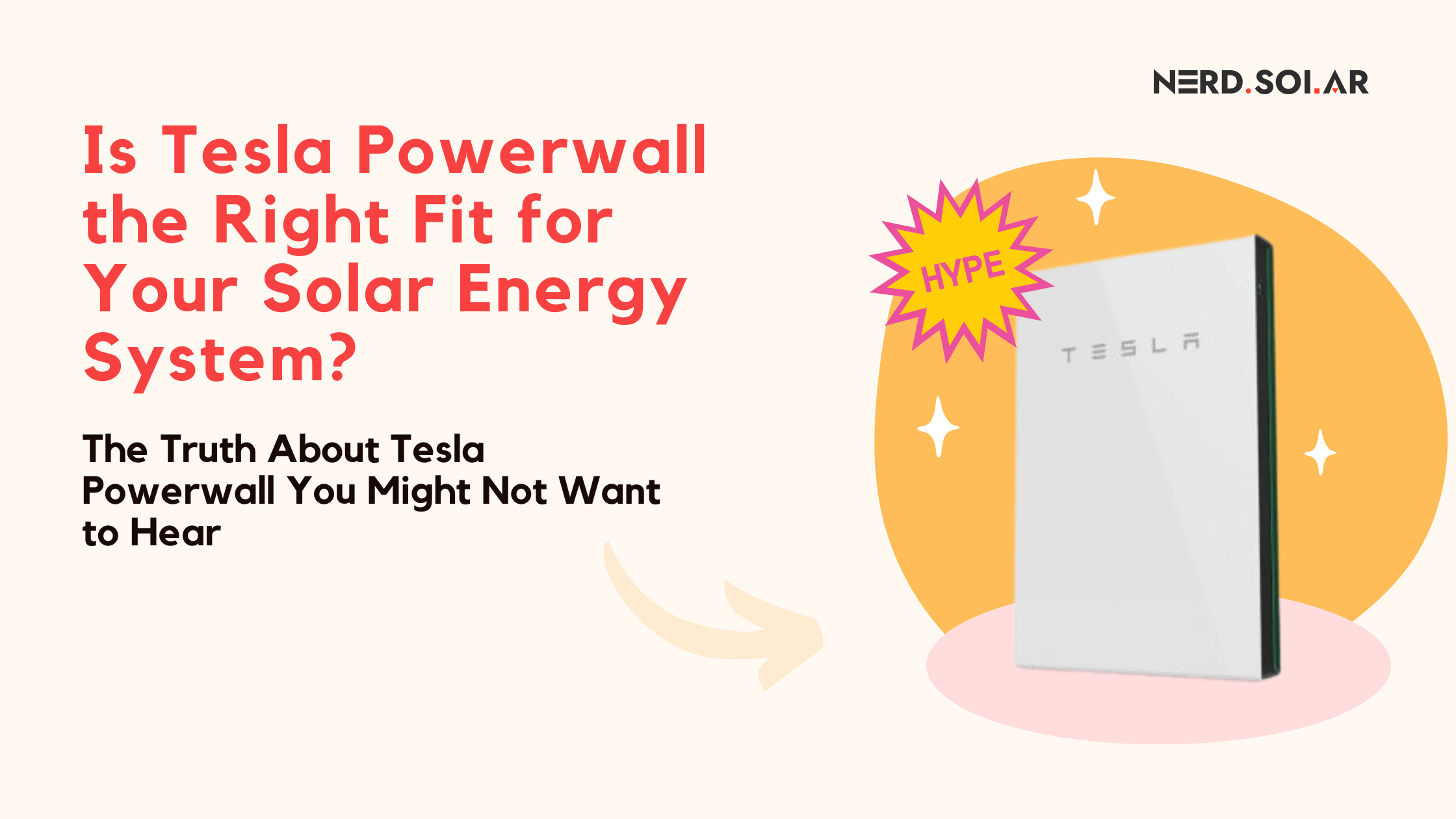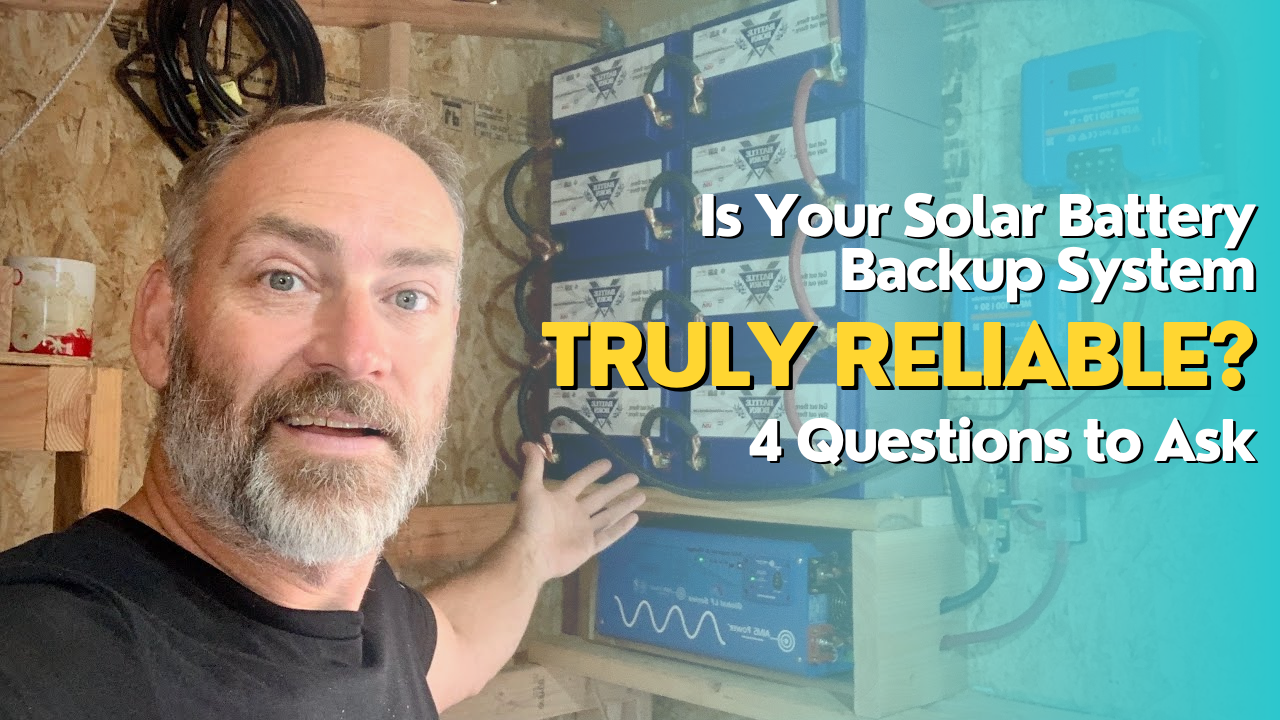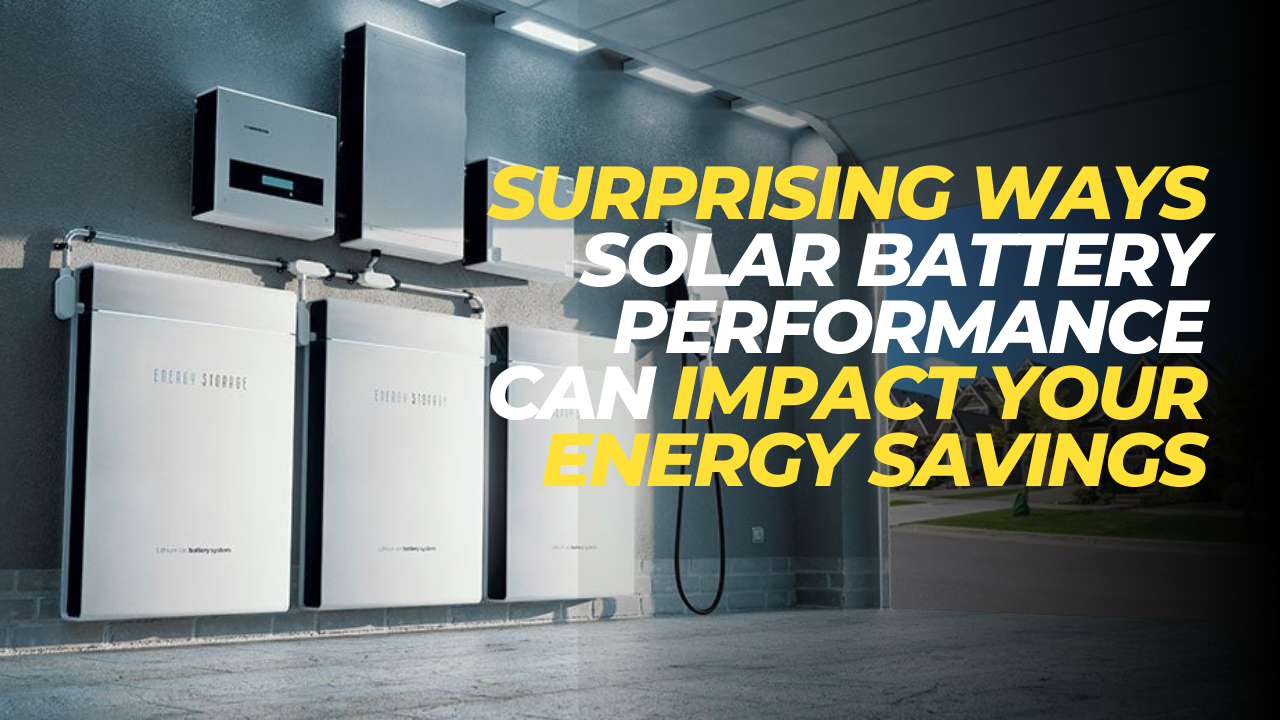How Do We Rate Solar Companies?
TL;DR: We rate solar installers from 1 to 5 stars to help you pick the best one. High stars mean they’re really good at what they do and treat their customers right. Low stars? Not so much. We give credit to companies that have been around for a while, know what they are doing, have a high standard of workmanship and equipment, don’t hire subcontractors to keep the bar of solar installation quality high and have good local reviews from real customers (yes, we check if the reviews are actually real or fake). Companies we choose as top-rated know and can help with federal and local solar incentives to help you save, have good financing plans, and guarantee their work. We’re here to point you to the solar companies that truly rock, making going solar easy and worthwhile for you.
Check our detailed review process here.
Is It Worth Going Solar in Virginia?
Virginia has a good amount of sunshine, making it a viable state for solar power. By installing solar panels, homeowners can generate their own electricity, reducing or even eliminating their dependence on the electrical grid.
Financial Benefits:
- Lower Electricity Costs: Solar panels can help homeowners break free from high utility costs.
- Incentives and Rebates: Virginia offers several incentives to encourage both homes and businesses to adopt solar energy. These include the federal Investment Tax Credit (ITC), which allows homeowners to claim 22 percent of their new solar energy system’s cost as tax credits2, and the Solar Renewable Energy Credits (SREC) program, which allows homeowners and businesses that generate solar energy to earn SRECs for every 1,000 kWh of energy they produce.
- Property Tax Exemption: Starting January 1, 2023, residential and agricultural solar panel systems will be exempt from local and state taxes in Virginia.
- Increased Home Value: Homes with solar panels are more attractive to buyers and studies have shown that they sell faster and for higher prices.
Environmental Impact: Solar energy helps Virginia reduce its reliance on fossil fuels and decrease greenhouse gas emissions1. It’s a sustainable energy source that produces zero greenhouse gas emissions.
Energy Independence: By generating your own energy, your reliance on the grid will be minimized1. This can be particularly beneficial in times of power outages1.
*However, the decision to go solar also depends on your specific circumstances, such as your energy consumption, the orientation and shading of your roof, and your budget. It’s recommended to get a personalized quote from a solar installer to understand the potential savings and payback period for your home.
How much does solar save homeowners in Virginia?
Solar Savings: The exact savings depend on several factors, including the size of the solar system, the amount of sunlight your home receives, and your home’s energy consumption. EnergySage estimates that the average solar system in Virginia saves customers about $21,000 over 20 years compared with simply buying energy from a traditional electric utility.
Payback Period: The payback period is the time it takes for your solar installation to earn back the initial costs through energy savings. In Virginia, the average solar payback period is about 10.83 years. However, some sources suggest that the payback period could be between 6 to 13 years.
Comparison with Traditional Electric Bills: Before installing solar panels, homeowners are fully dependent on the grid for their electricity needs, which can lead to high utility bills. After installing solar panels, homeowners can generate their own electricity, reducing their dependence on the grid and significantly lowering their utility bills. In fact, solar systems can be designed to produce 100% of household electricity consumption, essentially replacing your utility electric bill with a lower, more stable payment on the solar system.
What is the average cost of going solar in Virginia?
Average Cost: As of February 2024, the average cost of a solar panel system in Virginia is approximately $3.00 per watt, including installation. For a standard 5 kilowatt (kW) system, this comes out to about $15,000 before incentives. However, prices can range from $12,792 to $17,308.
Cost After Incentives: After factoring in the federal solar tax credit, which allows homeowners to claim 22% of their new solar energy system’s cost as tax credits, the average price drops by 22%.
Cost by System Size: The cost to install solar panels varies depending on the size of the system. For instance, while a 5 kW system will cost you about $15,000 in Virginia, doubling the system size to 10 kW effectively doubles the price.
*Please note that these are average figures and the actual cost can vary depending on specific circumstances such as your energy consumption, the orientation and shading of your roof, and your budget.
Virginia Solar Incentives
Federal Solar Incentive: The most important national incentive is the solar Investment Tax Credit (ITC). You can claim 30% of the total system cost as a tax credit. If you don’t have enough in taxes to claim the whole thing in one year, the tax credit rolls over to the next year.
Virginia State Solar Rebates:
- Solar Renewable Energy Credits (SREC) Program: Under this program, homeowners and businesses that generate solar energy can earn SRECs for every 1,000 kWh of energy they produce. These SRECs can then be sold to utilities to help pay off the cost of the solar installation.
- Net Metering: Virginia’s net-metering law applies to all home solar systems up to 20 kilowatts (kW) in size. All the extra solar energy you create and aren’t able to use in your home is applied as a credit to your next bill at the utility’s avoided cost rate.
- Property Tax Exemption: Starting January 1, 2023, residential and agricultural solar panel systems will be exempt from local and state taxes in Virginia.
*Please note that the terms and conditions of incentives aren’t always as simple as getting an upfront price deduction. By understanding the programs that are available to you in Virginia, you can take full advantage of ways to save—and even earn—money by installing solar panels1.
Are There Any Community Solar Programs in Virginia?
- Dominion Energy’s Community Solar Program: This program allows you to support new solar energy in Virginia without installing anything on your home or business1. Customers who enroll are choosing to pay a premium to purchase energy and Renewable Energy Certificates (RECs) from solar facilities located in communities throughout Virginia.
- Shared Solar and Community Solar Program: In 2020, Virginia passed laws to create new “shared solar” programs. The Shared Solar Program provides customers of Dominion Energy Virginia the opportunity to participate in offsite, or front-of-meter (virtual) shared solar projects. The Multi-Family Shared Solar Program provides eligible multi-family customers of Dominion Energy and Kentucky Utilities (Old Dominion Power) the opportunity to participate in onsite, or behind-the-meter solar projects.
- Electric Cooperatives in Virginia: Many electric cooperatives in Virginia are offering community solar programs.
*Please note that the actual programs can vary depending on specific circumstances such as your location and utility company.
Net Metering Policy in Virginia
Net Metering is a policy that allows homeowners with solar panels to receive credit for the excess energy they generate and send back to the grid.
NEM Rules: Virginia code §56-594 establishes the rules for net metering in the Commonwealth. The state’s investor-owned utilities (Dominion and Appalachian power) and electric cooperatives are obligated to follow the rules set out in §56-594 while participation is optional for smaller municipal utilities.
System and Aggregate Capacity Limits: Virginia has defined system and aggregate capacity limits for net metering. Residential properties have a net metering cap of 20 kW, and non-residential properties have a cap of 100 kW. The aggregate capacity limit is “1% of utility’s adjusted Virginia peak-load forecast for the previous year”.
- Changes in NEM Policy: On August 30, 2023, the Virginia State Corporation Commission (“SCC”) issued an injunction that suspended the imposition of the NEM DER Interconnection Parameters (Manual) on Midsized NEM Projects and suspended the requirement of SGIAs for Midsized NEM Projects. In response to this injunction order, Dominion filed a Motion for Interim Authority on September 15, 2023, seeking authority to continue to require direct transfer trip (“DTT”) communications systems and/or DG Panels for Midsized NEM Projects under certain circumstances for safety and reliability reasons.
*Please note that the actual policies can vary depending on specific circumstances such as your location and utility company.
